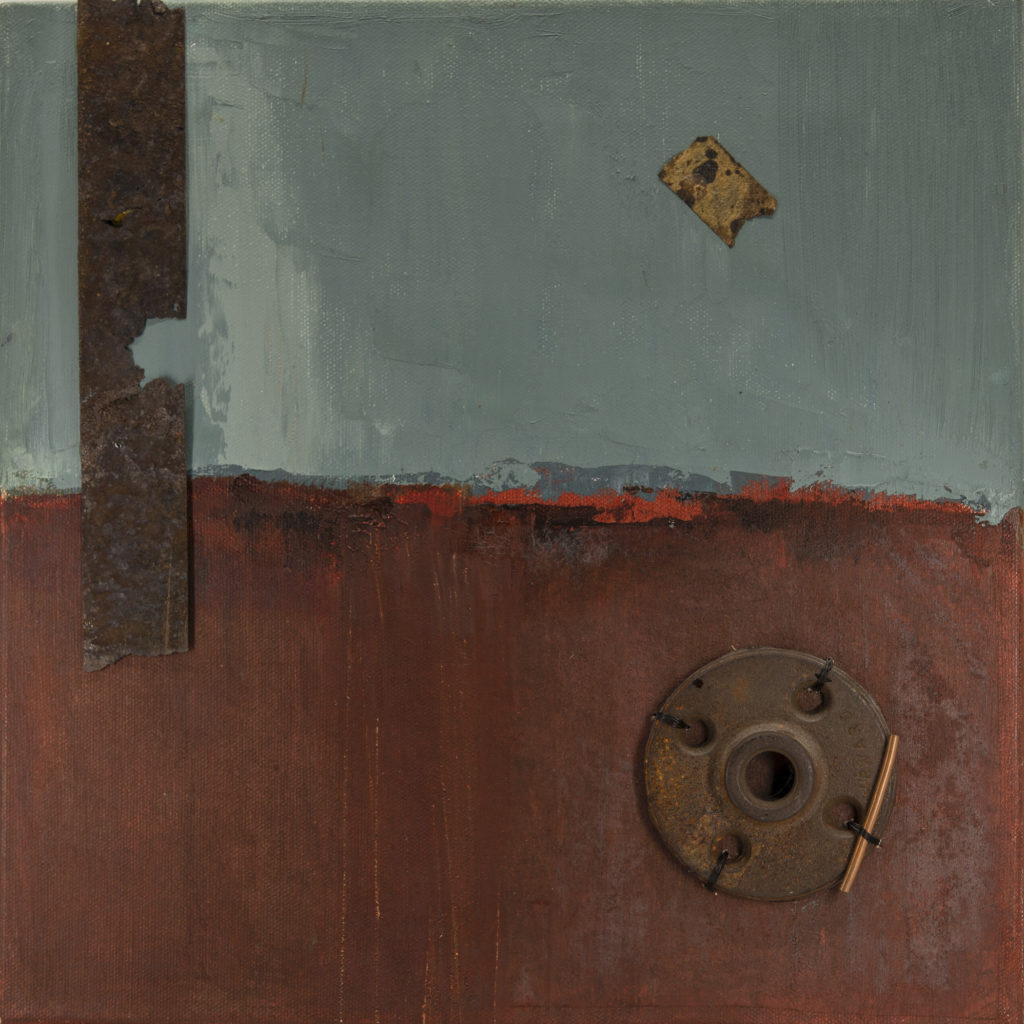Flight
By Tanya Hayes Lee | August 2, 2020
The pandemic is decimating the airline industry. In addition to Americans having been banned from several countries because of our inadequate response to Covid-19, the airlines themselves have contributed to this debacle by selling all seats on flights and not demanding that people wear masks. This is my personal experience:
I flew from PHX to BOS on American Airlines flight 2763 on May 31. The plane was full and the two young men sitting in my row were not wearing their face masks properly—one wasn’t wearing his at all, the other had his covering only his mouth.
I asked a steward to insist that they follow American Airline’s posted requirement that everyone on board who was able to do so wear a face covering. He said that he could ask them to wear their masks, but he could not make them. He did ask them, and the person who was not wearing his mask started wearing it. The other person, the one sitting next to me, adjusted his mask for a brief period of time, then lowered it again to cover only his mouth. I wrote to the CEO of American whose response was to make excuses, not to promise to make sure personnel followed the airline’s own regulations.
I see this weekend that a Delta flight returned to the airport because two people refused to wear masks and that the pilot of a KLM flight arrested two people who ignored other passengers’ well-being in the same way, so maybe, seven months into the disaster, airlines are finally getting the message that they will not survive if they let their passengers die this way.
But other kinds of flight during the pandemic are not so easily remedied.
One small town in rural New Hampshire is confronted with the problems created because well-to-do people who own second homes in the town have decided to escape the cities this fall and enroll their children in the town’s tiny school system. This will likely have two results. First, despite the fact that the town currently has no cases of Covid-19, schools will probably not be able to open because the system has neither the resources, nor the physical facilities, nor the staff to accommodate the sudden influx of new students. Second, the second-home owners who are descending on the town will be responsible for stressing—possibly compromising for years to come—the school system created by, and paid for by, the people who clean those homes, fix their plumbing and their cars, and look after their children.
Another kind of educational flight is illustrated by the creation of “pod schools” wherein parents who can afford the $13,000 per child per semester price tag can enroll their kids in privately-run classrooms of three to 10 students instructed by one teacher, according to The New York Times, Aug. 2, 2020. The idea is that if everyone agrees on social distancing and other prevention strategies, it will be possible to keep the kids and their families safe from infection. This is exactly the kind of privatization that Education Secretary Betsy DeVos has been advocating ever since she was appointed and what she and the administration had in mind when they threatened to (and may yet find a way to) deny funding to schools that do not open and give that money to parents to seek their own “schools” for their kids.
Saving public education from the effects of the pandemic is going to be a much larger, and much more important, challenge than saving the airlines.
Post script: American Airlines has recently instituted a strict policy on masks: “A face covering is required while flying on American, except for children under 2 years old. Starting July 29, 2020, you’ll also be required to wear a face covering in the airport where your trip begins, where it ends and where you connect
Tanya Hayes Lee is a visual artist who works primarily in oil on canvas in a modern abstract impressionist style. Her paintings convey the sublime in nature and are visual metaphors for our relationships to the world and to each other. Lee’s greatest inspirations include the nineteenth-century painters George Innes, J.M.W. Turner and John Constable. She studied studio art at the Mass College of Art, Scottsdale Artist School, and Northern Arizona University. See more of Tanya’s work at www.tanyahayeslee.com and follow on Instagram: @tanyahayesleeart.
